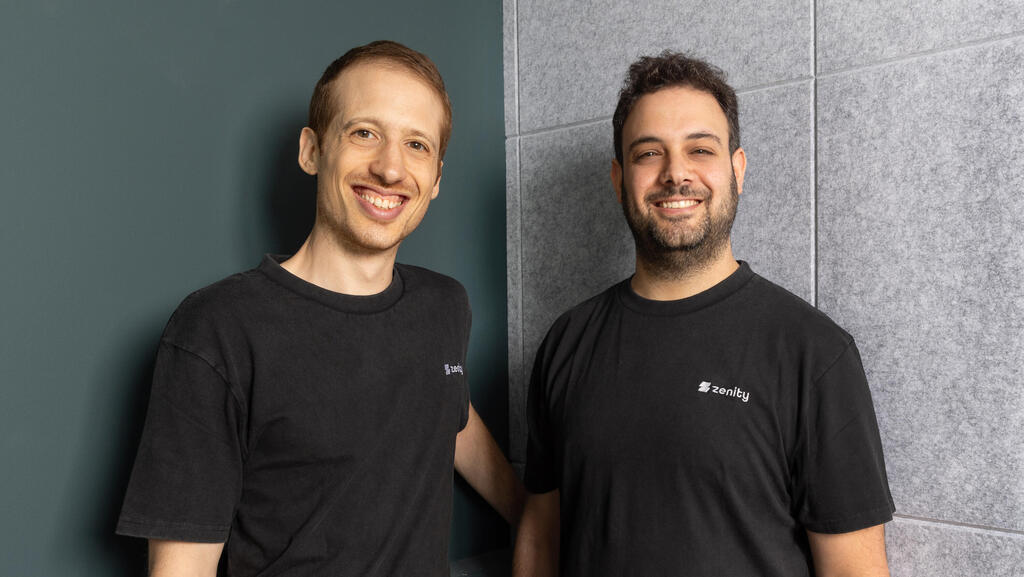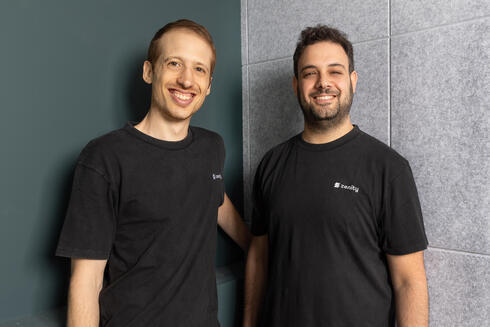
Zenity raises $38 million Series B to protect AI copilots from cyber threats
The Israeli startup's platform secures the use of AI copilot systems and low-code applications—apps created with minimal coding.
Zenity, which specializes in AI-based cybersecurity, has raised $38 million in a Series B funding round led by Daniel Loeb's Third Point Ventures and DTCP. This round follows a strategic investment by Microsoft’s venture fund, M12, with additional support from existing investors Intel Capital, UpWest, and Vertex Ventures, bringing Zenity’s total funding to $55 million.
Full list of Israeli high-tech funding rounds in 2024
Founded in 2021 by CEO Ben Kliger and CTO Michael Bargury, Zenity employs 52 people, including 32 in Israel. The new funding will accelerate development and enhance Zenity's platform, which secures the use of AI copilot systems and low-code applications—apps created with minimal coding. This investment will also support Zenity’s expansion in North America, particularly among financial organizations, pharmaceutical companies, and healthcare systems.
Zenity’s researchers recently found that large organizations average nearly 80,000 AI agents, applications, and automations built with low-code platforms, with over 62% containing some form of security vulnerability. As business users gain more control over how AI agents and copilots are built and configured, they also shape the identities, data connections, and automated actions performed on users' behalf, increasing exposure to security risks. In the age of AI, attackers can exploit these applications by injecting malicious commands, poisoning data, and embedding hidden instructions into AI systems. At Black Hat 2024, Bargury demonstrated how easily corporate copilots like Microsoft 365 Copilot could be compromised.
Related articles:
CEO Ben Kliger remarked on the funding completion, saying, “The future of work is now. For the first time, large enterprises are on the cutting edge by placing the power of AI and low-code at all users’ fingertips, meaning anyone can now use and build AI agents and business applications to get more done. As such, security teams need robust and purpose-built solutions to properly manage the risks that come when utilizing the most powerful tools we have ever seen.”
